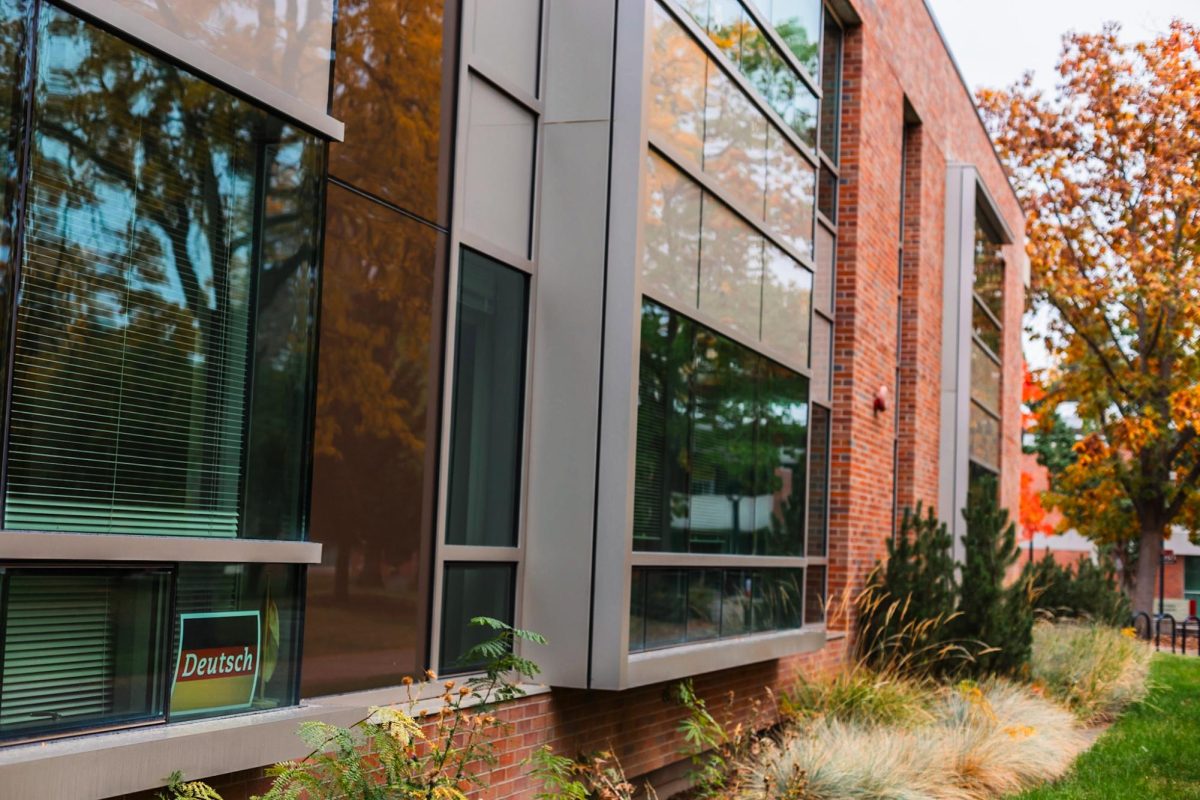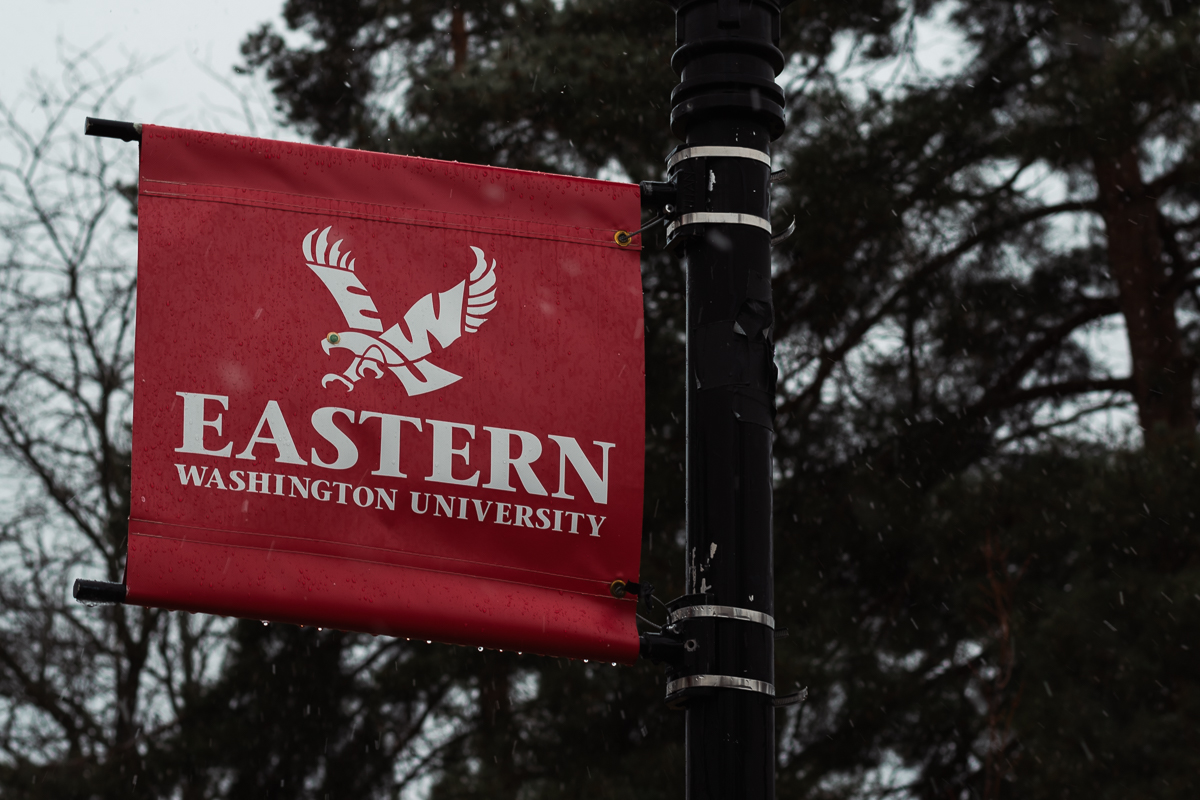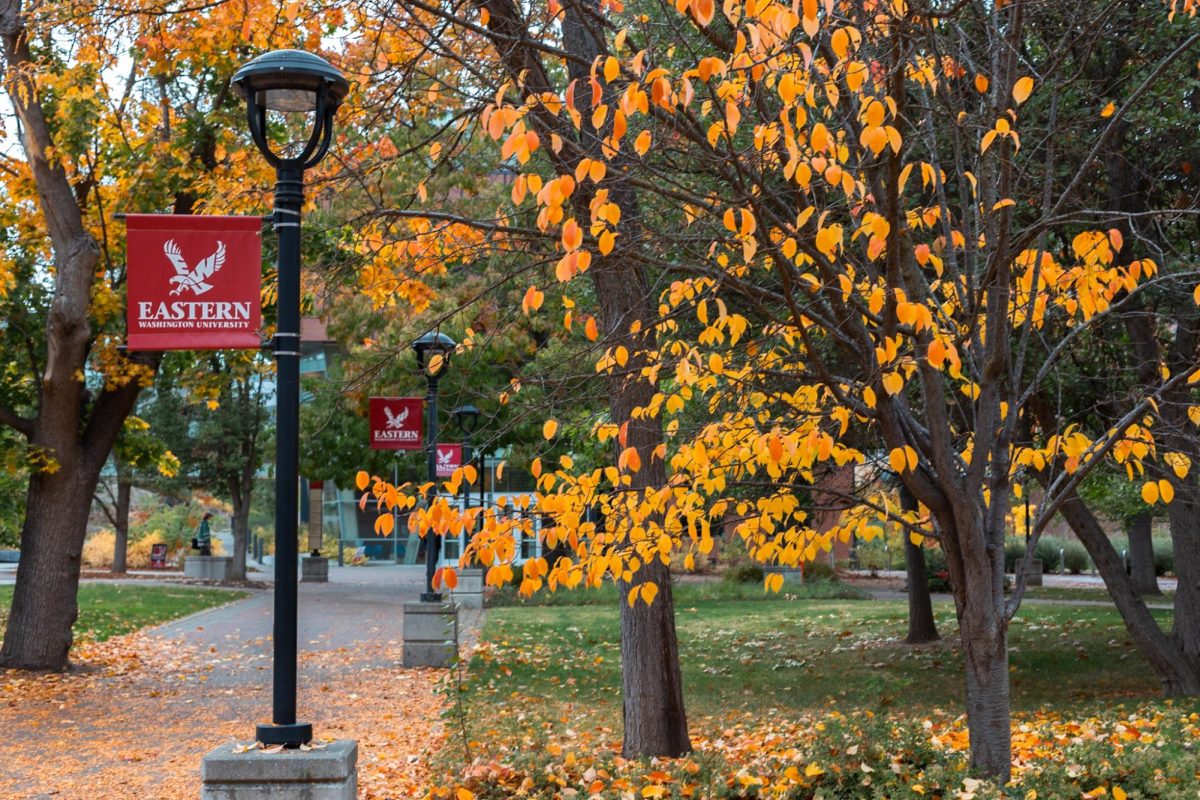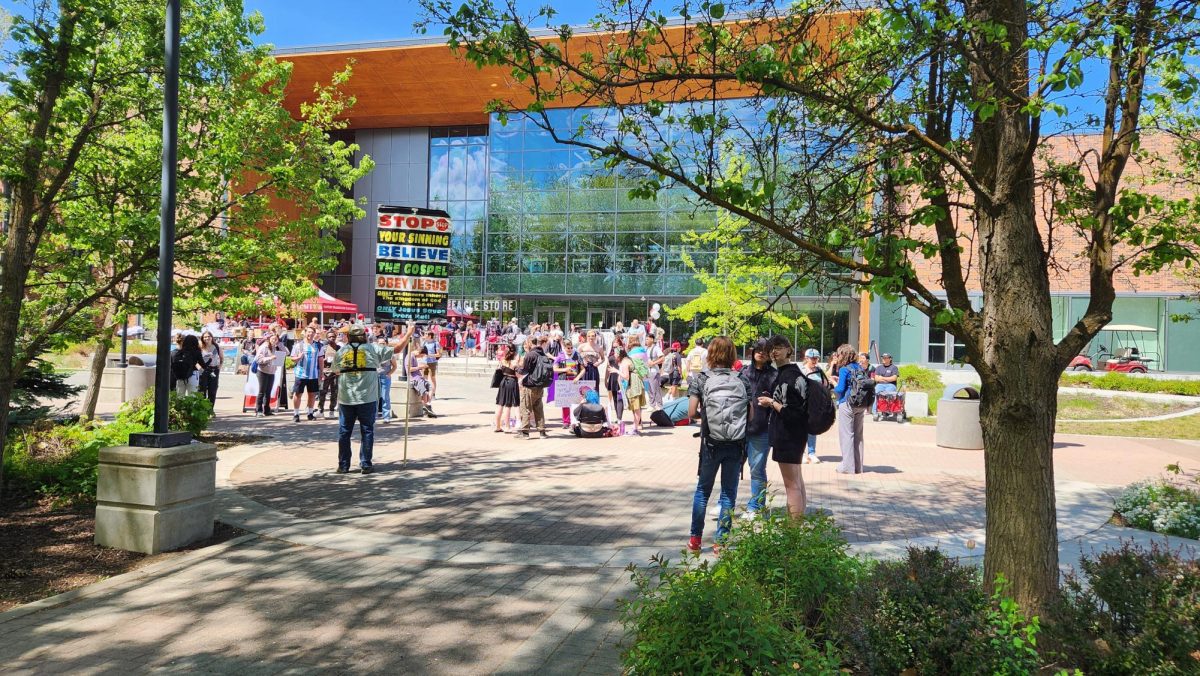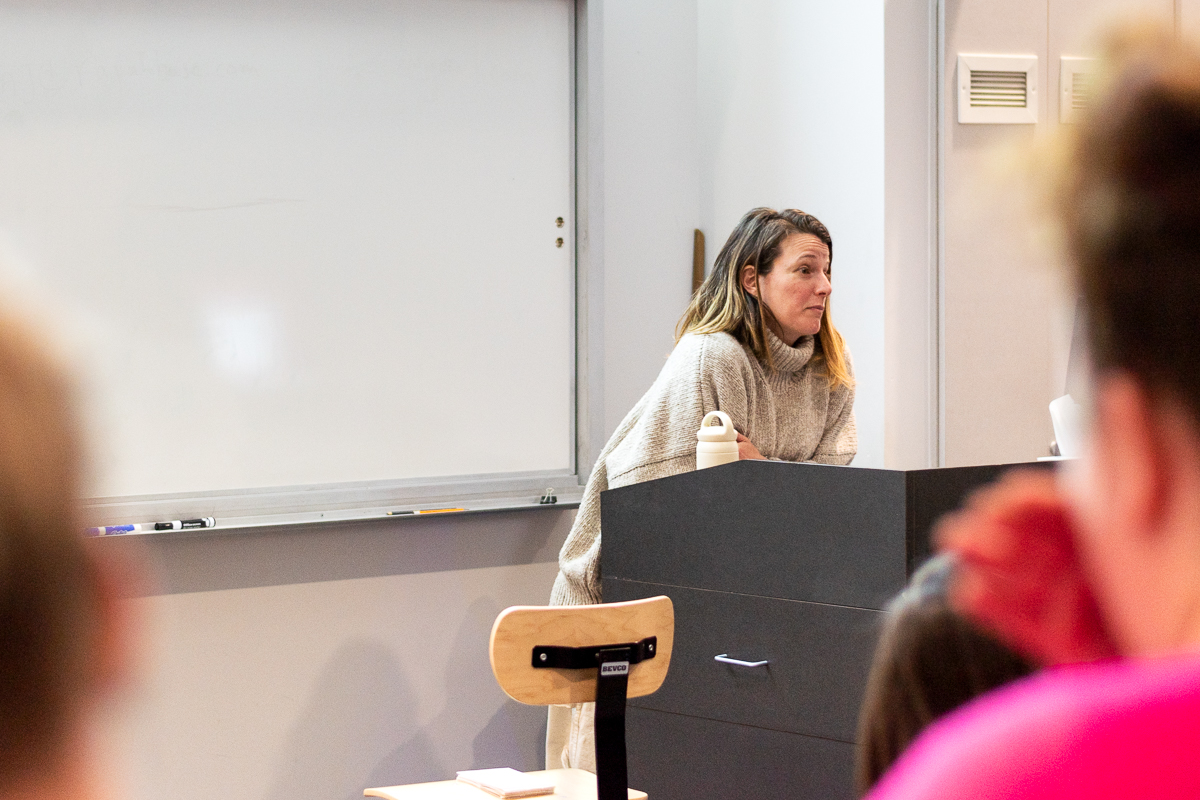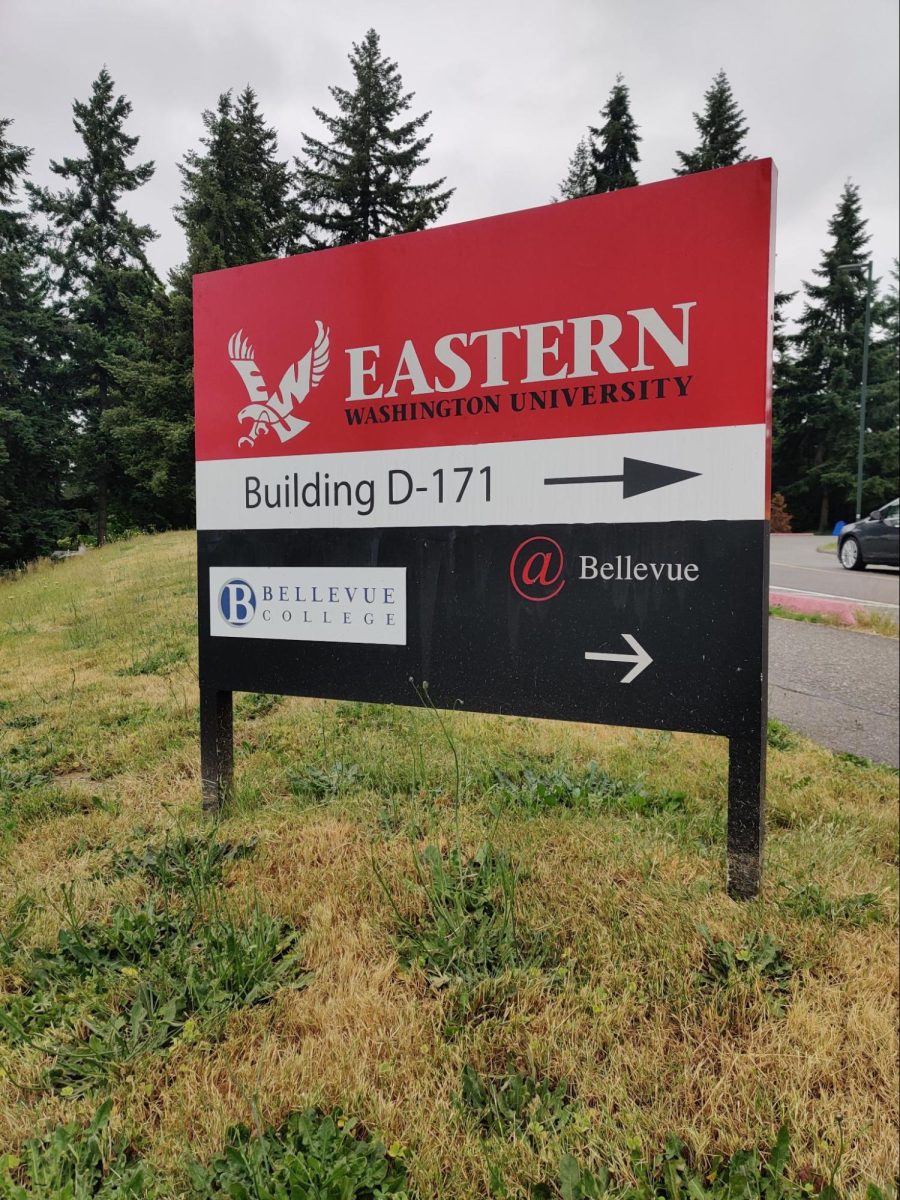By Jake Kershinar
Carla Martinez, who is of Spanish heritage, started the spring quarter taking a conversational Spanish speaking class, but because of her last name, the instructor felt as though she did not need to be there.
“He told me the class was just for gringos,” Martinez said. “I grew up in a Spanish speaking family but I don’t know the language fluently.”
Dr. José García Sánchez, who has taught all levels of Spanish at EWU, weighed in on the issue of having a mixture of novice speakers with advanced speakers in foreign language classes.
“We have a variety of [class options] here, which is Spanish for heritage speakers and for students who are learning a second language,” García Sánchez said. “We have two big groups that we have to take into account. Heritage students have totally different needs than those who are learning a second language.”
García Sánchez explained that heritage students are usually encouraged to take other classes apart from novice speakers.
“Those are the classes we mainly focus on grammar specifically because some heritage speakers have learned the language just from talking with their family but they have many issues with grammar, accents and even literacy.”
Sometimes students, whether fluent or not in a foreign language, can be tough to judge where exactly they should be put. García Sánchez said that most of the time language department officials will have students take placement tests and meet with students one- on-one on occasion.
“Sometimes we have first generation students who are very fluent,” said García Sánchez. “But we’re starting to get students who are second generation and even third who are not so fluent so they are almost on the same level as some students who are learning a second language.”
Martinez would fall under that category.
She explained the situation to her professor and was able to stay in the class after showing that Spanish was not her first language and she did not need to move to a more advanced class.
“The whole class voted on if I got to stay or not,” Martinez said. “No one voted against me when they heard me speak Spanish in front of the class and saw that I wasn’t fluent. We even voted on another girl staying in the class who just spent a year in Peru studying and she was probably the most fluent out of all of us.”
What the EWU community is generally worried about is an unfair advantage for heritage students when paired up with students trying to learn a second language.
García Sánchez said that mixing the learning levels of students hinders the learning process.
“If we let heritage speakers into those [novice] classes, they intimidate the other students. The other students feel like they are at a disadvantage. We encourage [heritage] students to take other classes at the same time so students who are learning a second language don’t get intimidated by how proficient they are.”
Martinez agreed with García Sánchez on how it is better to have non-fluent speakers in conversational Spanish classes.
“I would say that feeling intimidated is true in a classroom setting,” Martinez said. “Our grade is based on the progress our teacher sees in us. There was one student who didn’t seem all that fluent and after two days didn’t come back.”
The intimidation factor is not limited to conversational Spanish classes.
Dr. Florian Preisig, who is the Modern Languages and Literatures Department chair and has taught different levels of French at EWU, says that he has seen the intimidation factor in other language classes.
“Beginners have complained to me in the past that they were intimidated by students who were fluent or near fluent,” Preisig said. “I remember being intimidated, myself, when I learned German, and was in the same class as native speakers. I felt cheated.




